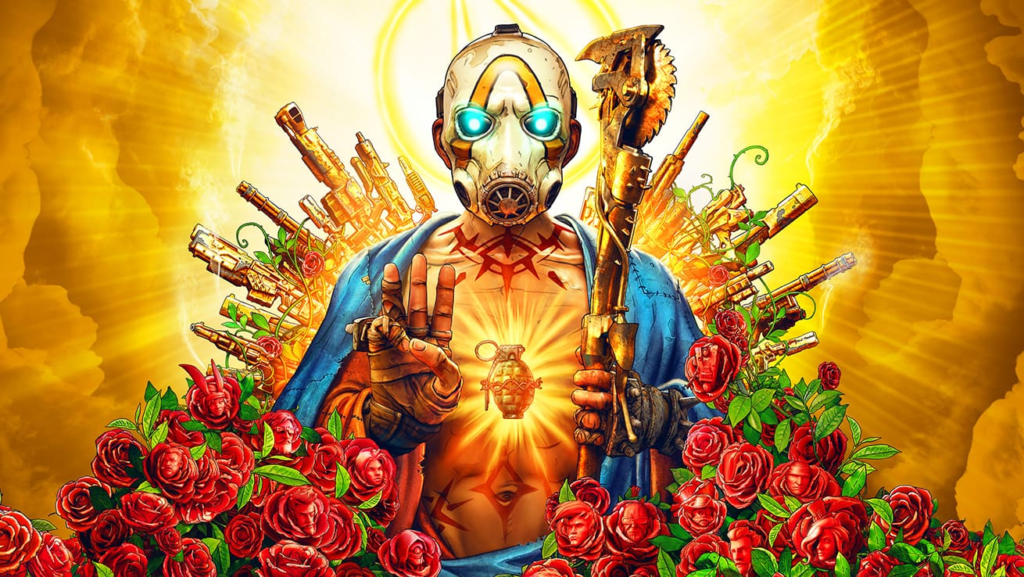Two styles, one passion: FPS with RPG elements.
The crossover between first-person action and character progression has been gaining more and more space in the gaming ; the union between the adrenaline of FPS games and the narrative and mechanical depth of RPGs represents a direct response to the public's appetite for immersive and customizable experiences.
This convergence of styles gave rise to a hybrid category , where quick reflexes and strategic development coexist. Games like Destiny 2 , Borderlands 3 , and Cyberpunk 2077 are clear examples of this trend. Each offers real-time combat with firearms, but adds layers of character evolution , customization , and narrative choices —central characteristics of RPGs .
Next, we highlight the main titles that illustrate this marriage between genres, analyzing their characteristics, impact on players , and market position.
Destiny 2: Cooperative combat with narrative depth.
Released by Bungie, Destiny 2 solidified a model for FPS games with continuous progression . With updates and an active community, the title relies on real-time shooting but integrates typical RPG , such as subclasses , specific abilities , and a rarity-based loot system
The storyline unfolds in a science fiction universe , where the player takes on the role of a Guardian , tasked with protecting the last vestiges of humanity. Missions vary between solo campaigns and cooperative raids , encouraging group progression .
The player's choices impact how the story unfolds and how the character evolves . Items and armor shape not only the visual appearance but also combat performance, encouraging tactical decisions and long-term planning. The integration of story , gameplay , and customization makes Destiny 2 FPS / RPG fusion .

Borderlands 3: loot, humor, and unique graphic style.
Borderlands series , developed by Gearbox Software, popularized the term "looter shooter ," a subgenre of FPS games heavily inspired by RPGs . In Borderlands 3 , released in 2019, players face hordes of enemies in a post-apocalyptic universe marked by absurd weapons and cartoonish characters.
Each playable hero possesses a skill tree , allowing for different playstyles. The variety of procedurally generated weaponry adds a constant element of surprise . The progression system encourages frequent returns to the game, with rewards based on performance and exploration.
Despite its humorous tone and vibrant colors, Borderlands 3 offers complex challenges and a character building that demands strategic attention. The game maintains the frenetic pace of FPS games , but requires careful choices about how to invest skill points and what type of equipment to use, two fundamental aspects of RPGs .

Cyberpunk 2077: narrative immersion and tactical combat
Unlike the previous examples, Cyberpunk 2077 was originally developed as an open-world RPG first-person perspective to enhance immersion . Released by CD Projekt Red, the game allows the player to take control of V , a mercenary in a futuristic city dominated by corporations.
combat mechanics blend intense gunfights with hacking , stealth, and the use of cybernetic implants . Character building is deep, with multiple skill trees , branching narrative choices crafting systems . Evolution is influenced by the user's playstyle, whether aggressive, strategic, or stealthy.
Despite a launch with technical criticism, Cyberpunk 2077 was extensively reworked in subsequent updates, which expanded its RPG and refined the combat system . With this, the title solidified its place as one of the most ambitious examples of the fusion between FPS and RPG , standing out for its dense narrative and cinematic visuals .

The merging of genres and the market response.
The growing popularity of games that combine FPS with RPG elements reflects a shift in player . They seek more than just quick reflexes : they want measurable progress , in-game identity building stories that justify their actions on the battlefield.
These titles also stand out for their retention time . The presence of expandable content and the constant promise of evolution keep players engaged for long periods. The hybrid format caters to both competitive and narrative , broadening the reach of these releases.
From a business perspective, this model drives microtransactions based on customization and narrative expansions . Companies like Bungie and CD Projekt Red capitalize on this format with frequent updates, keeping their products relevant even years after launch.
Prospects for the future
With the arrival of new graphic technologies and artificial intelligence , the trend is for the boundaries between genres to become even more blurred. Studios are betting on open worlds more organic progression systems
Projects like The Finals , which blends fast-paced combat with dynamic environmental interactions, and Stalker 2 , which promises a living environment and constant decision-making, indicate that the future of FPS games with an RPG spirit is still under construction — and increasingly closer to what players want: freedom , impact , and emotion in every shot .
The fusion between FPS and RPG is not just a design trend. It's a direct response to the evolution of the gamer profile , which is becoming increasingly demanding and diverse. In this scenario, titles that offer depth without sacrificing action become protagonists of a new phase in the gaming .













